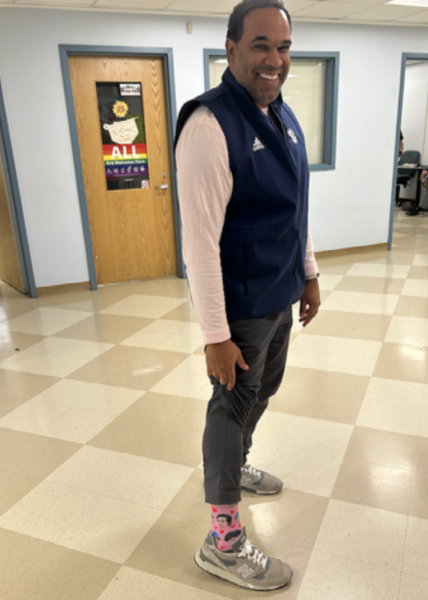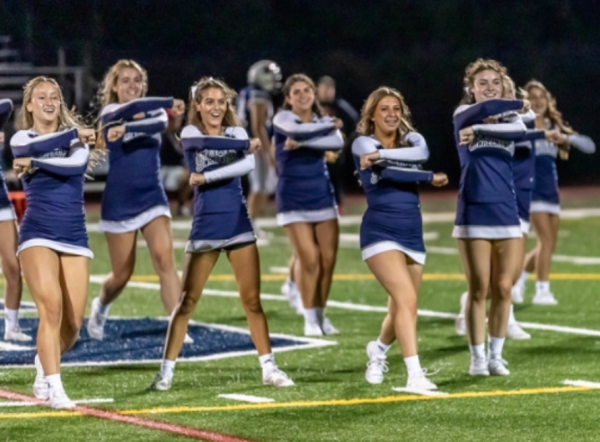Football-related deaths lead to discussion of players’ protection
This week, three high-school football players across the country passed away from injuries sustained either during a game or warm up routine.
The players were Tom Cutinella from Long Island, New York, Demario Harris from Troy, Alabama, and Isaiah Langston from Rolesville, North Carolina.
Cutinella, for example, made a tackle, and after standing up, collapsed on the field. He was rushed to the nearest hospital, where he died in the I.C.U. following surgery.
Staples students were naturally shocked by this news.
“All three of these are tragic accidents,” Logan Horowitz ’17 said. “And […] should lead to major changes in the football community.”
Students are confident that the Staples football team is aware of the danger of the game and have taken precautions to prevent such injuries from affecting Staples athletes.
“Staples is definitely doing all they can to prevent concussions,” former football player Ethan Dahlke ’17 said. “By using Guardian Caps and teaching proper form, they are really doing all they can to protect the players.”
Guardian caps are soft-shell covers for football helmets that players wear during practice to prevent concussions.
Governor Dan Malloy recently signed a concussion law at Staples, which aims to educate students and parents about the risks of concussions and how to prevent them.
Staples football coach Marce Petroccio confirms that Staples is doing all that it can to protect the players.
“We protect our players by using guardian caps, we do it by teaching them the latest technique, and we just hope in the end that everything works out,” Petroccio said.
Even though there are risks involved, students still believe that football is made safe by the coaches and the district.
“I am confident that Staples is doing all that it can to make the game as safe as possible,” Tristan Hochman ’17 said, a fan of the football team.
Editor’s Note: While Guardian Caps were designed to reduce head trauma, there are officials who believe these protective covers do not achieve their goal. “We thought [Guardian Caps] might be making claims for which they didn’t have substantiation,” Richard Cleland of the FTC said on the Concussion Policy and the law blog.

It’s a scorching afternoon in mid-July. The sun, sitting high above, has blanketed everything in an unbearable heat— most of us are lounging out by...

Taylor Harrington ’15 has been through the ropes before. As Breaking News
Managing Editor, Harrington enters her second year on Inklings with a prestigious
position...



























































